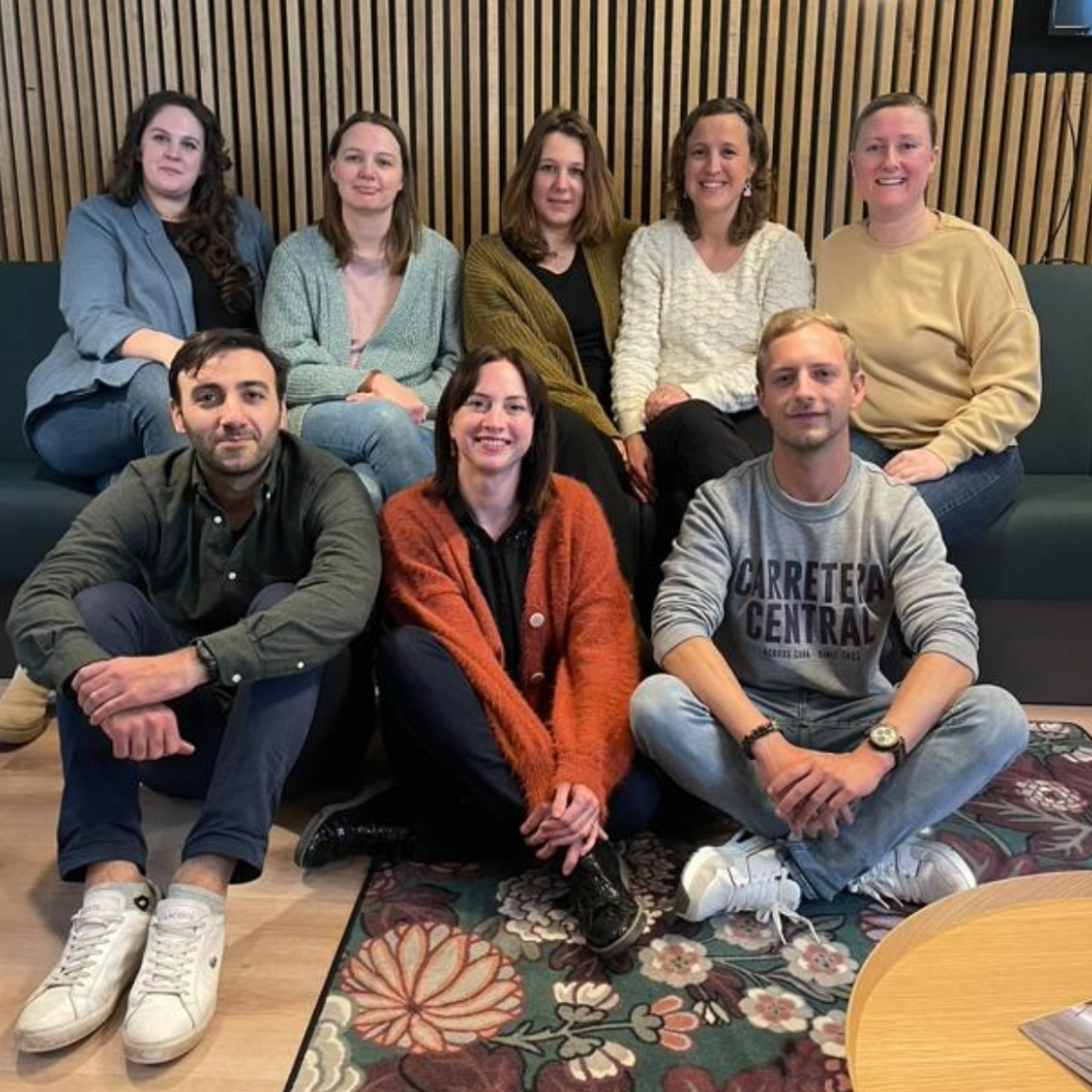Psychological support
We all experience times when it’s difficult to cope with everyday life and could use some extra support. The UM Psychologists are committed to helping improve your mental wellbeing by finding the right support services for your situation.
The UM psychologists can help you with psychological difficulties such as anxiety, feelings of guilt, gloominess, stress, lack of self-confidence and grief. They can also provide support if you are experiencing relationship problems with your family, friends or partner. They are not able to provide diagnostic services or long-term counselling. For this, they can refer you to additional services.
You can also view the page How can we support you? to find out which support services we offer for your situation.
Quick Psychological Referral (QPR)
If you're concerned about your own or somebody’s else mental health or wellbeing and you are not sure where to turn for help, our UM Psychologists can give you a Quick Psychological Referral (QPR) where you can confidentially discuss your situation, get advice on what to do next and receive a recommendation for the right care within or outside UM. Following through on the psychologist’s advice is up to you.
After the QPR, a 10-minute session - online, at the Student Services Centre or at UM SPORTS, there are several options:
- Referral to a workshop (ranging from stress management to coping with loss). These are also available without obligation!
- Referral for a more elaborate intake meeting with a UM psychologist to gain more insight into your problem and/or to start an individual, short-term counselling programme (max. five appointments including the intake meeting).
- Referral to your general practitioner or an external psychologist/psychiatrist or mental health specialist, when your symptoms do not fall within the scope of the UM psychologist or require more expertise or time (see below).
- Referral to Student Wellbeing where you can find information about Moodlift, the Wellbeing Movement, Positive Health, @ease.
- Referral to a different department/professional within UM, such as Career Services, a student dean or a student counsellor.
For UM staff it is also possible to book a QPR to get advice and recommendation regarding one of their students.
QPR sessions are available several times a week. If you don't see an available appointment, keep checking the website.
How to make the most of your ten minutes:
- Be on time.
- Try to quickly explain what your biggest concern/issue is.

Mental healthcare in the Netherlands
If you would like to see a psychologist or psychiatrist in the Netherlands, you will first need to make an appointment with your general practitioner (GP or 'huisarts'). He or she will then refer you to a specific therapist or mental health centre, if needed. All GPs have a ‘praktijkondersteuner’ (POH, practice assistant) with a specialisation in mental health who can also offer short-term help.
For more information about healthcare in the Netherlands, check out our video.
External mental health resources
There are also a number of external resources for mental health that you can explore:
- Mind-Health Check: This online questionnaire focuses on mental wellbeing, providing feedback on areas such as mood and stress, along with personalised recommendations and links to free tools that might help you.
- MoodLift online programmes: Participate in anonymous programmes designed to help with issues such as improving mood and reducing stress.
- Ease.nl: Speak or chat anonymously with someone without needing an appointment at Ease.nl, discussing any concerns you might have.
- Suicide prevention crisis line 113: If you are experiencing thoughts of suicide, please contact the national suicide prevention organisation to speak confidentially with a mental health professional or volunteer. If you are concerned about another student who is having suicidal thoughts, see our UM webpage on suicidal thoughts.